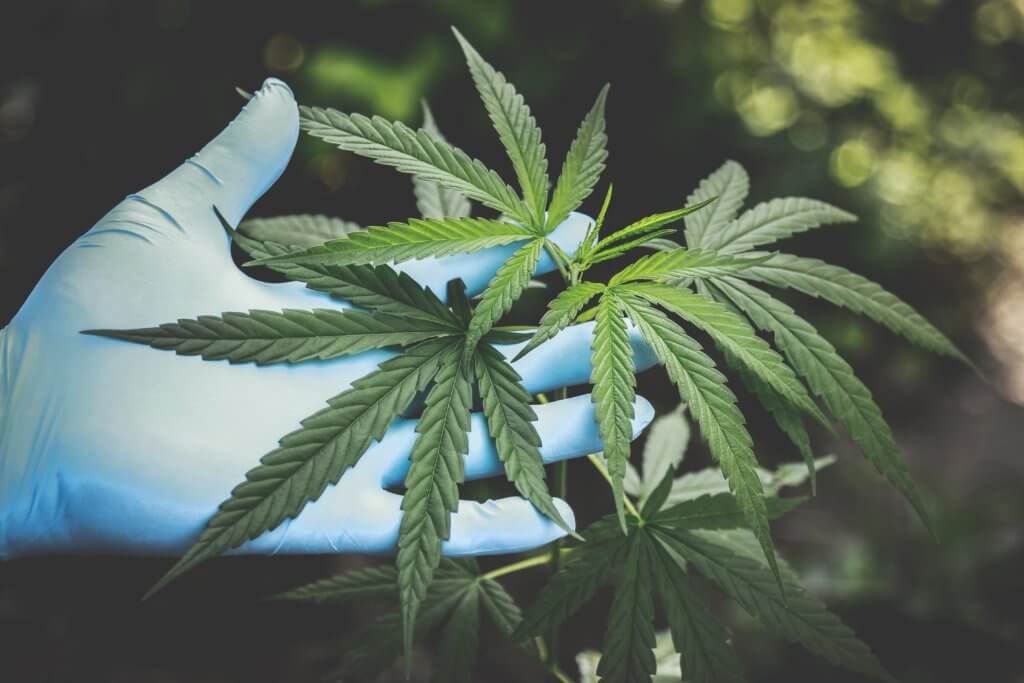SYDNEY, Australia — People with chronic health issues taking medical marijuana experienced significant improvements in their overall quality of life and levels of fatigue, according to a recent study by Australian researchers. Their study also revealed that cannabis therapy has a connection to decreases in anxiety, depression, and pain within the first three months of use.
However, it did not appear to lead to notable improvements in symptoms of insomnia, and some participants opted out due to side-effects from using cannabis. Since 2016, medical cannabis has been available for prescription in Australia for patients whose conditions did not respond to traditional treatments.
Conducted by Margaret-Ann Tait and her colleagues at the University of Sydney, the study surveyed Australians with chronic health conditions who were prescribed medical cannabis. They analyzed responses from over 2,300 patients, who were prescribed THC and CBD in a carrier oil between November 2020 and December 2021. These participants, ranging from 18 to 97 years-old with an average age of 51, were predominantly women, making up nearly two-thirds of the sample.

The most frequently reported conditions treated with cannabis were chronic pain (69%), insomnia (23%), anxiety (22%), and combined anxiety or depression (11%). Notably, half of the participants were being treated for multiple conditions.
“Within the first three months of medicinal cannabis therapy, participants reported improvements in their health-related quality of life, fatigue, and health conditions associated with anxiety, depression, and pain,” the study authors say in a media release.
Throughout the three months, patients reported both significant and clinically meaningful improvements in their quality of life and fatigue levels. They also observed clinically relevant reductions in pain and substantial improvements in moderate to severe anxiety and depression. Despite a significant portion of participants being prescribed cannabis for insomnia, no overall progress was reported in sleep quality.
While the study did not directly assess adverse effects, 30 participants withdrew, citing “unwanted side-effects.”
The results, as published in the journal PLoS ONE, suggest that medical cannabis might be effective in managing chronic conditions previously deemed untreatable. Tait, a PhD candidate, further commented that additional research and development might be required to optimize cannabis oil products for effectively treating insomnia and related sleep disorders.
South West News Service writer Stephen Beech contributed to this report.


I have found that medical marijuana helps stabilize I.R. levels in conjunction with Warfarin treatment. It also eases that sense of doom that comes with chronic deep veins thrombosis.